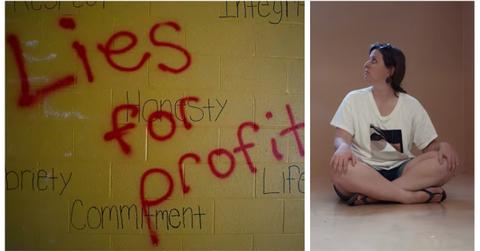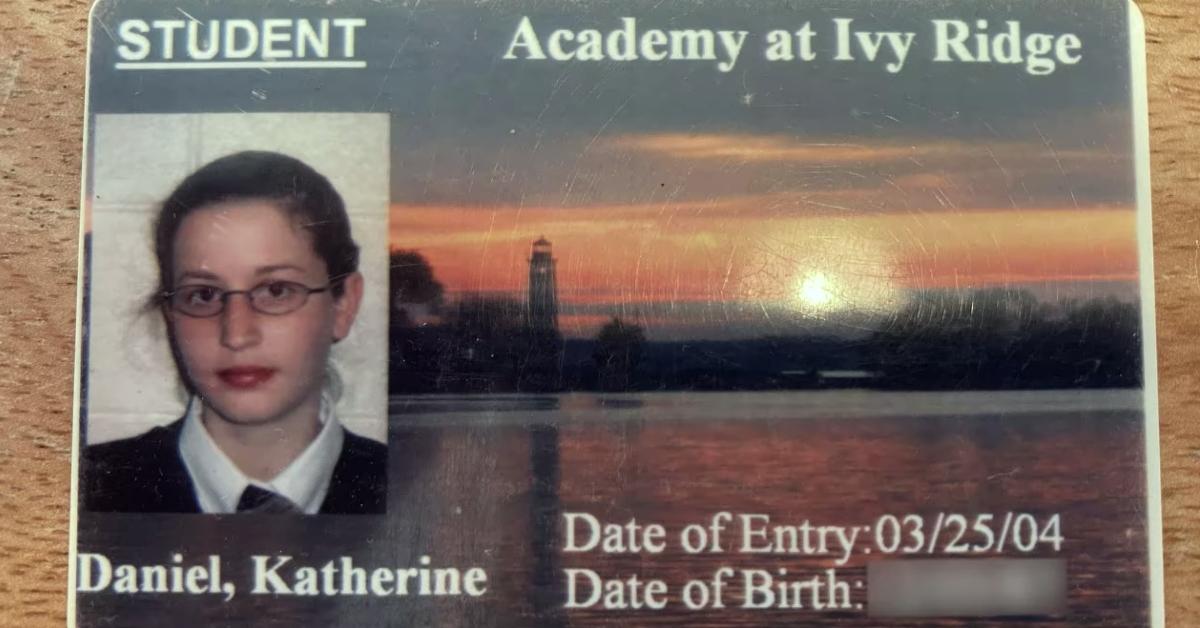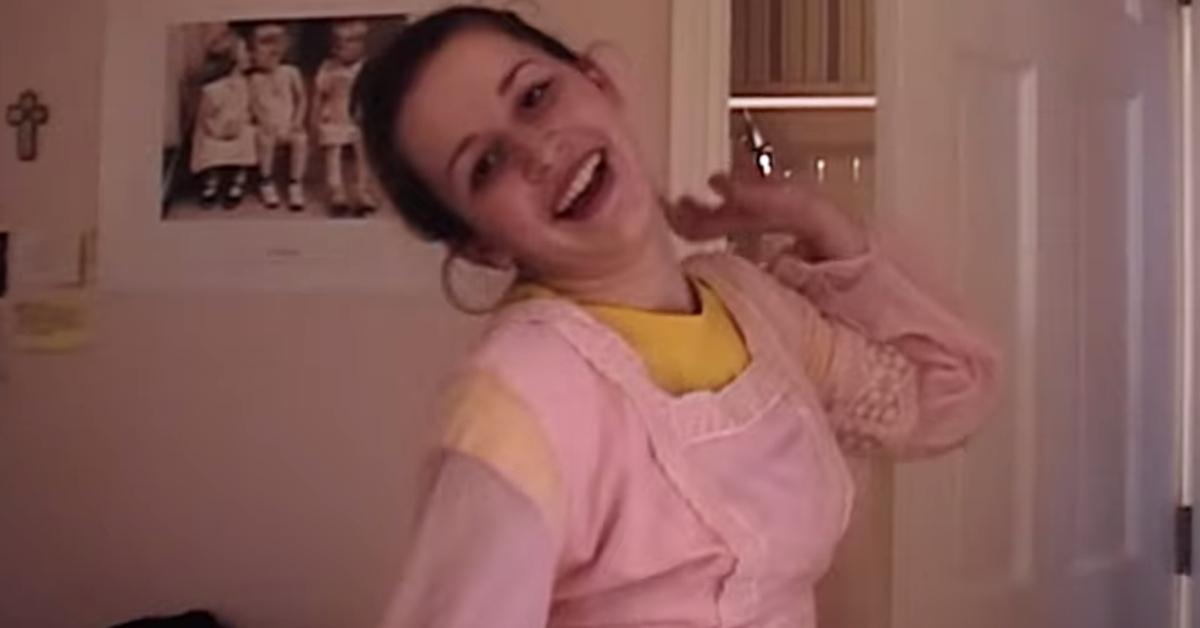Katherine Kubler Channeled Her Trauma Into a Documentary About the Troubled Teen Industry
"The program was so traumatizing, a lot of us tried to forget about it and pretend it didn’t happen," said Katherine Kubler.
Published March 7 2024, 1:38 p.m. ET

The internet can be both a blessing and a curse but one thing it has gotten right is how it has provided survivors with the ability to find each other. There are Reddit threads, Facebook groups, and entire websites devoted to people coming together to heal. One such website is WWASP Survivors, which aims to help anyone who has been sent to a boarding school for troubled teens.
The World Wide Association of Specialty Programs (WWASP) is the umbrella organization that oversaw several allegedly abusive institutions aimed at turning bad kids into good kids. Many children were essentially kidnapped from their own homes and brought to live in one for months or even years at a time. Katherine Kubler (nee Daniel), who is now an adult, was one of the many kids whose life was destroyed by her experience at a troubled teen boarding school. Where is she now? Here's what we know.

Where is Katherine Kubler (nee Daniel) now? She is processing her trauma through film.
According to Katherine's website, she is a "Los Angeles-based writer, director, and editor" who is also the owner and Executive Creative Director of Tiny Dino, an award-winning creative agency whose clients include Paramount Pictures, United Artists, and MGM, to name a few. In March 2024, Netflix released a documentary directed and executive produced by Katherine called The Program: Cons, Cults, and Kidnapping, which takes an unflinching look at the troubled teen industry in which she was an unwilling participant.
"For a long time, I wasn’t going to include my story because I just wanted to be a filmmaker and make it about this issue, not me," said Katherine in conversation with Netflix's Tudum. "But after all the years of research, when I found my own file and learned that it’s my very own program that left all this evidence behind, I was like, 'Oh no, I’m going to have to be in this now.'" Katherine, along with other survivors, takes viewers on a traumatic trip down memory lane as they sift through files left behind at the school they attended.
Long since abandoned, the Academy at Ivy Ridge is falling apart yet remains perfectly preserved in shocking ways. At one point, Katherine and her friends stumble upon a box of DVDs of old security footage. Together they sit and watch students being physically assaulted as they fight their own trauma responses. Over and over again, one of them finds an old handwritten piece of paper documenting their disturbing time at Ivy Ridge. It's both validating and heartbreaking.
Why was Katherine sent to Academy at Ivy Ridge?
Like most students of Ivy Ridge, Katherine's father and stepmother didn't know what to do with a teenager they felt was on a path of self-destruction. Unfortunately, we'll never know whether or not that was true for the girl who at 2 years old, lost her mother to breast cancer. Her father remarried when Katherine was only 7 years old, which is when she says things "turned horrible."
In the documentary, Katherine recalls a time her stepmother yelled at her when she was in the fourth grade. "Thank God your mom is not alive to see the person you've become," she screamed. To cope with this, Katherine began acting out as a teenager in the typical way some teens do. She turned to smoking and drinking to manage her stressful life at home.

In 2004, Katherine was transferred to a private Christian boarding school in Long Island, N.Y. but left after two months when they found her with Mike’s Hard Lemonade. The day she was caught, Katherine was sitting in the principal's office waiting for her dad when two men walked in with handcuffs. "We’re here to take you to your new school," they said. That was the beginning of 15 months of torture for Katherine who in the documentary, enjoyed a bottle of Mike's Hard Lemonade in the school that tried to break her.
"The program was so traumatizing, a lot of us tried to forget about it and pretend it didn’t happen," said Katherine to Tudum. "But now, people are starting to speak out." It's a frustrating documentary that leaves viewers asking themselves how this is still happening. This industry isn't regulated at all and as Katherine points out, there are "more regulations in place to get a license to give manicures than there are to house and treat children in residential treatment." One thing you can do is reach out to your representatives and push for change.